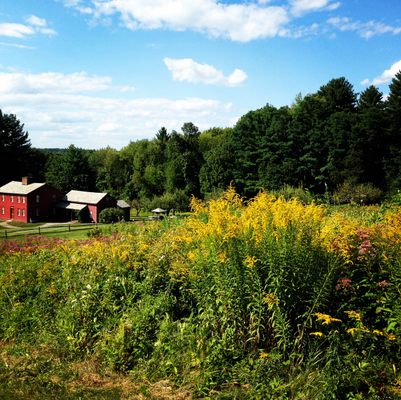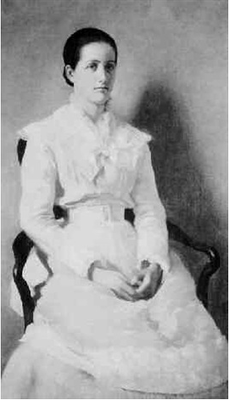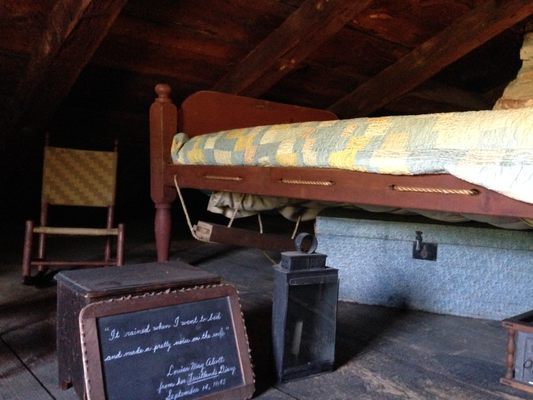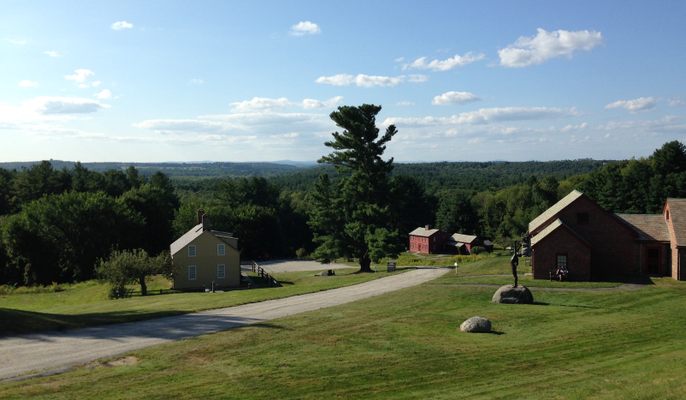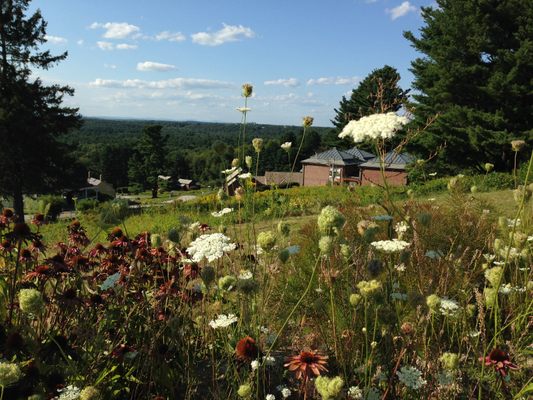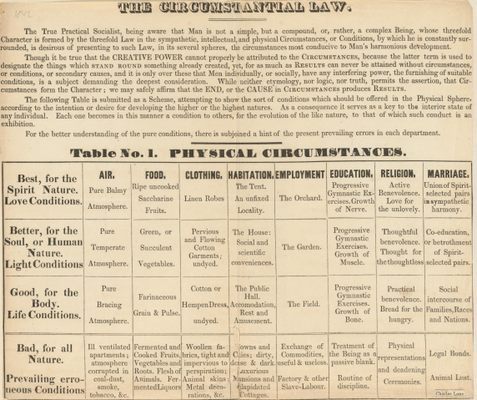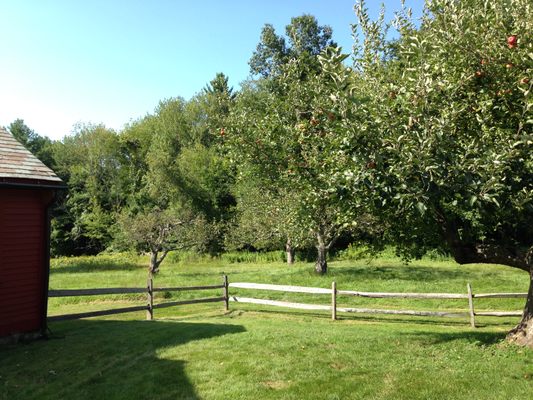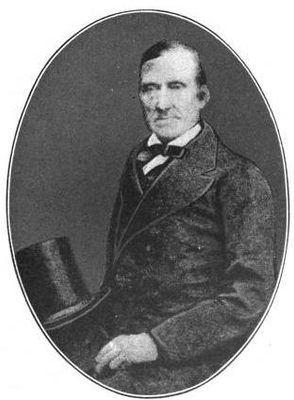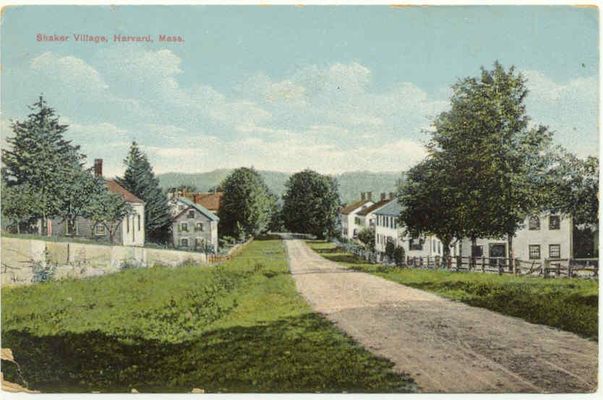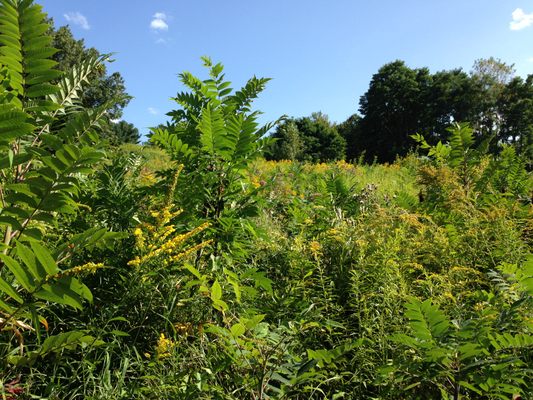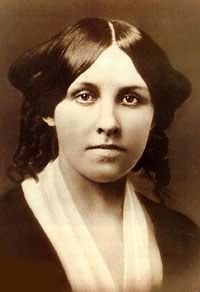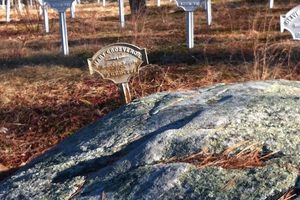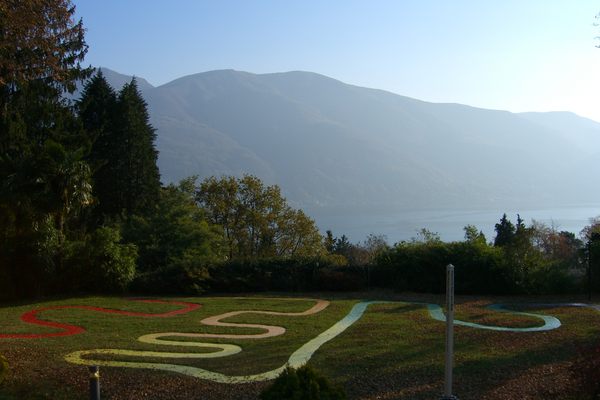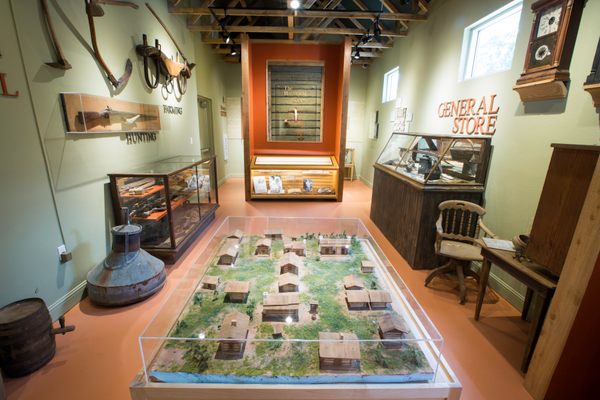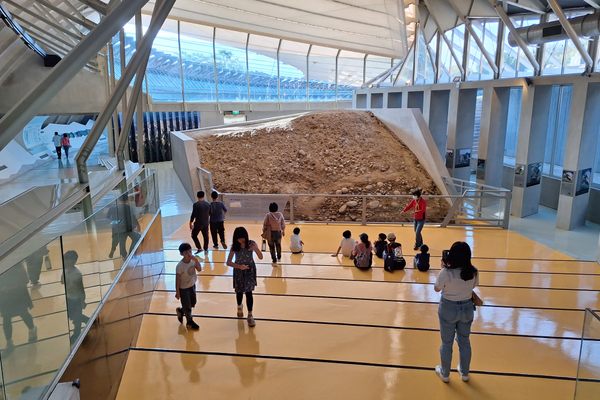About
As noted in the Illustrated Map of America’s Worst Utopias, the experimental society of Fruitlands was founded at Harvard, Massachusetts, in June 1843 by English Transcendentalist and reformer Charles Lane and Bronson Alcott, father of Little Women writer Louisa May Alcott. It lasted seven months.
The author was 10 when her family moved from Concord to the little farmhouse to live by Bronson and Charles's ascetic ideals. She would later give the society the name “Apple Slump” in her comic tale Transcendental Wild Oats (1873), which scholar Elaine Showalter calls “her keenest and most assured piece of feminist satire” and “a brilliant critique of the sexism of male radical ideals.”
Home territory of the Nashaway Indigenous people, the Harvard area has been the site of many social experiments, institutions, and installations since the 1700s. In the late 18th century, a man named Shadrack Ireland, a Perfectionist disciple of Methodism founder George Whitefield, came to town hoping to establish his own religious community. Ireland claimed he was immortal; when this turned out not to be the case, his house passed to the famous Mother Ann Lee, founding leader of the Shaker sect whose followers had a small community in the area from the 1790s to 1919. (Today, Mother Ann's rocking chair rests in a corner of the Fruitlands Museum’s Shaker Gallery for visitors to admire.)
In 1910, Clara Endicott Sears, Boston aristocrat and sole heir to her family's fortune, appeared on the scene to build a summer house on land that included the abandoned Fruitlands Farmhouse. Sears was an author and ardent historic preservationist who cherished idealized notions of small town New England, and she made the most of the property and its magnificent vista. She opened the farmhouse as a museum in 1914 and soon moved to the site a small structure, built in 1794, that had served as an office for the Harvard Shakers.
Sears went on to establish three more museums at the location: a Shaker museum hosting the world’s largest collection of Harvard Shaker documents and artifacts; a Native American museum, with a collection of artifacts Sears gathered at the property and elsewhere; and an art museum featuring the second largest collection of Hudson River School paintings in the country.
Her estate comprised more than 400 acres by the time the government seized 248 of those acres by eminent domain in 1941 for Fort Devens, now a U.S. Army Reserve installation. Former Sears land forms part of the 1,697-acre Oxbow National Wildlife Refuge, managed by the U.S. Fish and Wildlife Service.
A recent program offered by the 210-acre Fruitlands property’s current owners, a Massachusetts nonprofit known as The Trustees of Reservations, invited participants to explore the Fruitlands Farmhouse and adjacent Shaker Gallery and examine “the contrasts and overlaps of these two visions of utopia.”
Miss Sears likely would have approved.
Related Tags
Know Before You Go
Advance passes are encouraged for Fruitlands Museum, with onsite sales if capacity allows. During the winter season, the Fruitlands Farmhouse, Shaker Gallery, and Native American Gallery buildings are closed.
Community Contributors
Added By
Published
January 26, 2022
